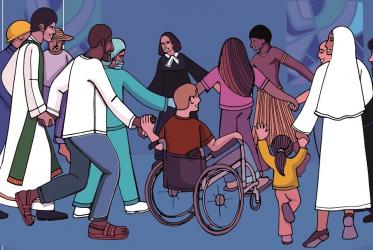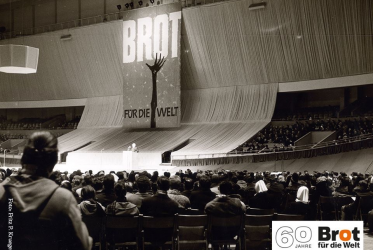Displaying 1 - 20 of 74
Brazilian churches call for transformative racial justice
23 November 2020
WCC publishes two new Bible studies penned by authors from Colombia
24 February 2020
Interfaith Rainforest Initiative expands
12 February 2019
WCC Eco-School encourages youth to become eco-ambassadors
08 November 2018












